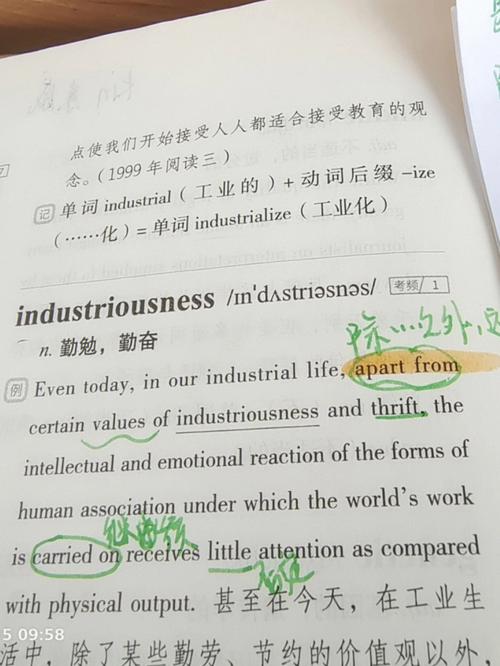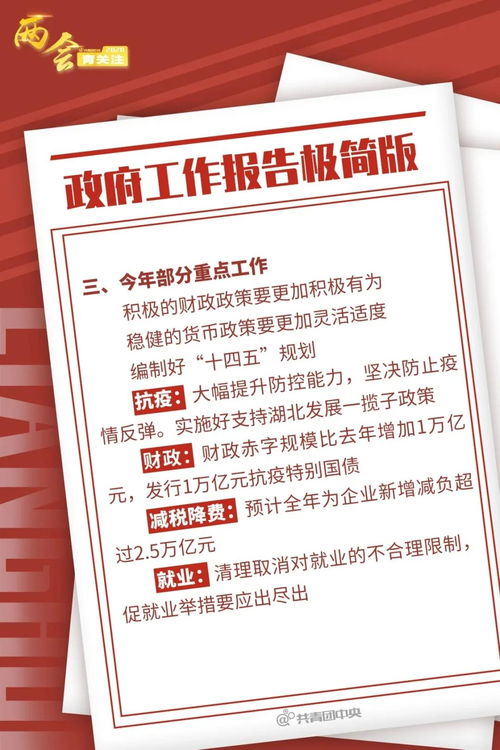医学考研面试英语问题
医学考研面试英语题库
1. 个人介绍
Tell me about yourself.
Introduce yourself.
Sample Answer:
My name is [Your Name]. I graduated from [Your University] with a major in [Your Major]. During my academic years, I developed a strong interest in [Your Area of Interest], which led me to pursue a career in medicine. I am particularly passionate about [Specific Medical Field], and I am eager to contribute to advancements in this area through further education and research.
2. Motivation for Pursuing Medical Studies
What motivated you to pursue a career in medicine?
Why did you choose to study medicine?
Sample Answer:
Since my childhood, I have been fascinated by the intricate workings of the human body and the potential to alleviate suffering through medical intervention. I believe that a career in medicine offers me the opportunity to blend my passion for science with my desire to make a meaningful impact on people's lives. The prospect of continuously learning and applying knowledge to help others drives my ambition to become a competent medical professional.
3. Research Experience
Have you been involved in any medical research? If so, please describe your experience.
Can you discuss a research project you have worked on?
Sample Answer:
During my undergraduate studies, I participated in a research project focused on [Brief Description of Research Topic]. Working under the guidance of [Supervisor's Name], I gained practical experience in conducting literature reviews, collecting and analyzing data, and presenting research findings. This experience not only enhanced my research skills but also provided valuable insights into the importance of evidencebased medicine.
4. Medical Ethics
What do you understand by medical ethics?
How would you handle a situation where medical ethics are in question?

Sample Answer:
Medical ethics encompass the moral principles that guide the practice of medicine, emphasizing values such as integrity, compassion, and respect for patients' autonomy. In situations where medical ethics are in question, I believe it is essential to consult with peers and seniors to carefully assess the ethical implications of the decision at hand. Transparency, empathy, and adherence to professional codes of conduct are imperative in resolving such dilemmas while prioritizing the welfare of patients.
5. Patient Communication
How would you communicate with a patient who is anxious about a medical procedure?
What strategies would you employ to build rapport with patients?
Sample Answer:
When addressing a patient's anxiety regarding a medical procedure, I would emphasize the importance of open communication and active listening to understand their concerns. Utilizing simple and empathetic language, I would explain the procedure, potential outcomes, and address any questions or doubts the patient may have. Additionally, I would offer reassurance and support while ensuring that the patient feels empowered and informed throughout the process.
6. Professional Development
How do you plan to continue your professional development in the medical field?
What steps will you take to stay updated with the latest developments in medicine?
Sample Answer:
I am committed to lifelong learning and professional growth in the medical field. I intend to pursue specialized training in [Specific Medical Field] to enhance my clinical skills and knowledge. Furthermore, I plan to engage in continuous medical education programs, attend conferences, and subscribe to reputable medical journals to stay abreast of the latest advancements and evidencebased practices in medicine.
7. Multidisciplinary Collaboration
Why is it important for medical professionals to collaborate with professionals from other healthcare disciplines?
Can you provide an example of successful multidisciplinary collaboration in healthcare?
Sample Answer:
Collaboration among healthcare professionals from diverse disciplines is crucial in providing comprehensive and patientcentered care. By working with professionals such as nurses, pharmacists, and social workers, medical practitioners can leverage collective expertise to address complex patient needs effectively. An exemplary instance of successful multidisciplinary collaboration is the coordination of care for patients with chronic illnesses, where a teambased approach involving various specialists aims to optimize patient outcomes and quality of life.
Conclusion
In a medical postgraduate interview, it's essential to convey a strong understanding of medical ethics, a commitment to professional development, and a genuine passion for patient care and research. By articulating your motivations, experiences, and aspirations clearly, you can impress the interviewers and demonstrate your readiness to contribute to the medical field. Good luck!
Remember, these are sample answers. It's important to personalize your responses based on your own experiences and aspirations.










评论